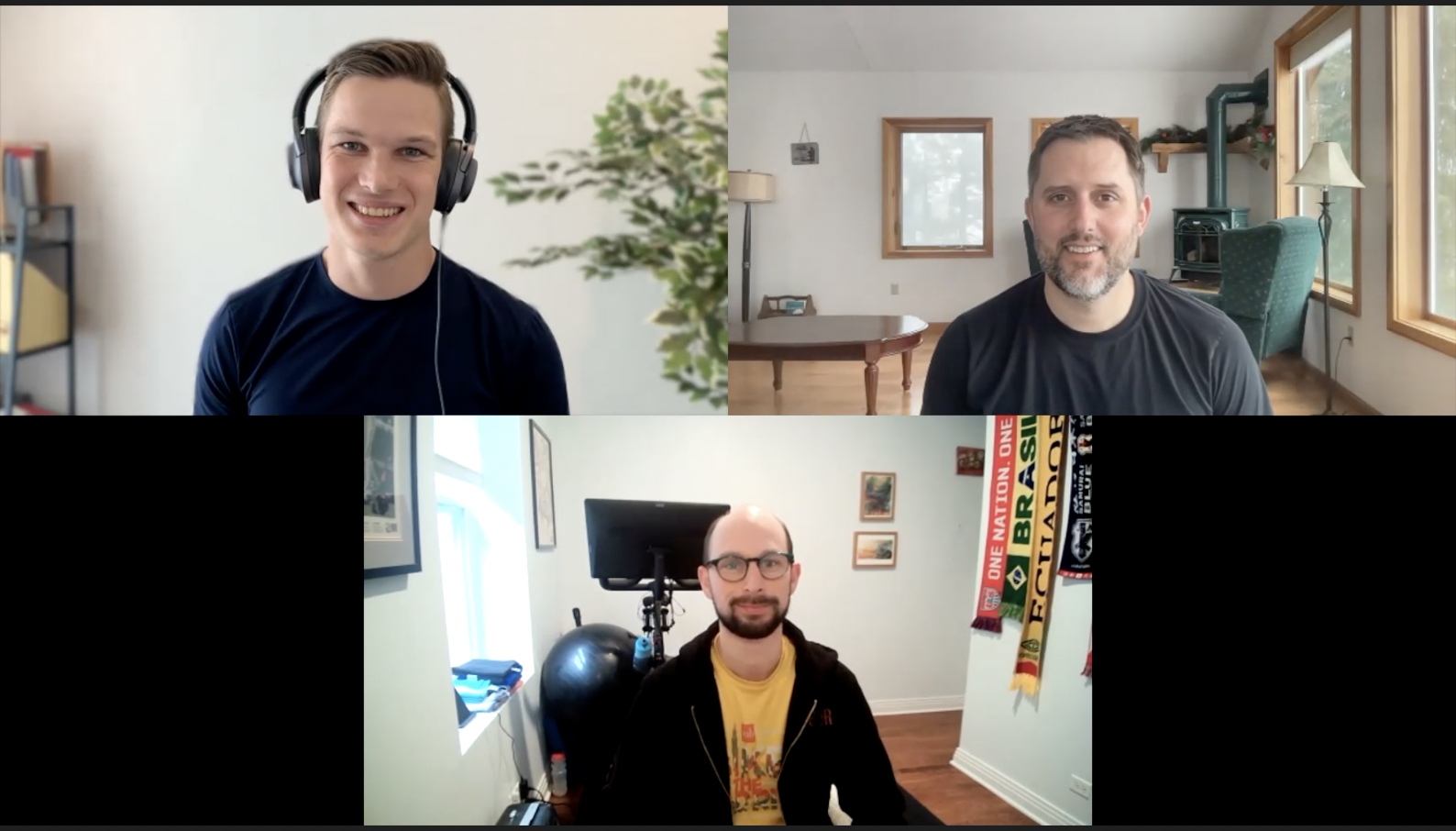Decentralized Autonomous Organization (DAO) operations and logistics on DAOHaus :: with Alex Zub and Spencer Graham

In this episode of Ventures, my guests Alex Zub (https://twitter.com/theAlexZub), Spencer Graham (https://twitter.com/spengrah), and I talk about the details of day-to-day “DAO life” on DAOHaus (https://daohaus.club/). We talk specifically about how Raid Guild (https://www.raidguild.org/) - a services DAO - manages proposals, escrow, billing, and bridges to the traditional finance system. We also talk about short-term and long-term financial incentives for DAO founders/participants, how DAOs can quickly raise funds and manage risk/assurance/trust, and how newcomers to DAOs can/should think about how to participate to create maximum value for themselves and their communities.
You can watch this episode below or listen on Apple Podcasts, Spotify, Google Podcasts, or wherever you get your podcasts (search for “Ventures”).
2:38 - Background and tee-up for the conversation; Alex has a bunch of questions about Raid Guild and we figured we’d record it for everyone’s benefit.
3:20 - Alex intro / background (full-stack engineer, turned management)
5:50 - Spencer’s description: “What is a DAO?” (From “group chat w/ a bank account” to more) - plus, information about how Raid Guild splits their revenue (90% to team, 10% to treasury)
11:08 - Is there a founder of Raid Guild? How did the letting go of control happen? How did Raid Guild Start?
13:04 - Showing the dashboard of the Raid Guild DAO on DAOHaus
14:49 - When someone new joins, does that create new shares?
16:30 - Seeing the list of members in Raid Guild
17:10 - Founders have around 10% or less in governance power.
17:30 - Is there such a thing as a partial rage quit? (i.e. sell part of his shares).
18:14 - What are all the types of proposals that people can propose in DAOHaus DAOs?
20:50 - Smart escrow https://smartescrow.raidguild.org/
22:25 - How does a proposal outcome get enforced / QA control?
23:02 - Guild kick (booting someone out)
23:40 - Assurance for client and service provider via escrow-type services on-chain
24:12 - Smart invoice https://smartinvoice.xyz/
26:39 - Court on-chain (LexDAO, Kleros Court, etc..)
29:20 - How to deliver a project w/ scope in tranches using Smart Invoice
31:34 - Advantage of a service DAO, Raid Guild in particular - all co-owners are able to make their own decisions of what they work on.
33:35 - Long-term economic incentives for moloch-type DAO participants - is it possible to have shares go up in value down the road? What are the mechanisms by which people can sell their shares? (extolling the values of flexibility and malleability)
36:08 - Would selling these types of shares be “loot shares” vs. voting shares.
36:55 - What are loot shares?
37:29 - If a DAO decides to allow their shares to be transferable - the peg to a specific value would go away.
40:20 - Besides pegging a token to governance, what other types of tokens are there? https://satchel.works/@wclittle/a-primer-on-blockchains-protocols-and-token-sales (Utility token, work token, etc…)
42:45 - Yeeting (easy way to raise funds for a DAO) → https://twitter.com/nowdaoit/status/1483463413464502277
44:20 - Off-chain to on-chain bridging - web3 to traditional - does Raid Guild work w/ “off-chain” customers?
46:11 - Off-chain operations for raid guild via a standard reimbursement policy
47:00 - Where can people find Alex and Spencer to continue the conversation? https://twitter.com/theAlexZub & https://twitter.com/spengrah